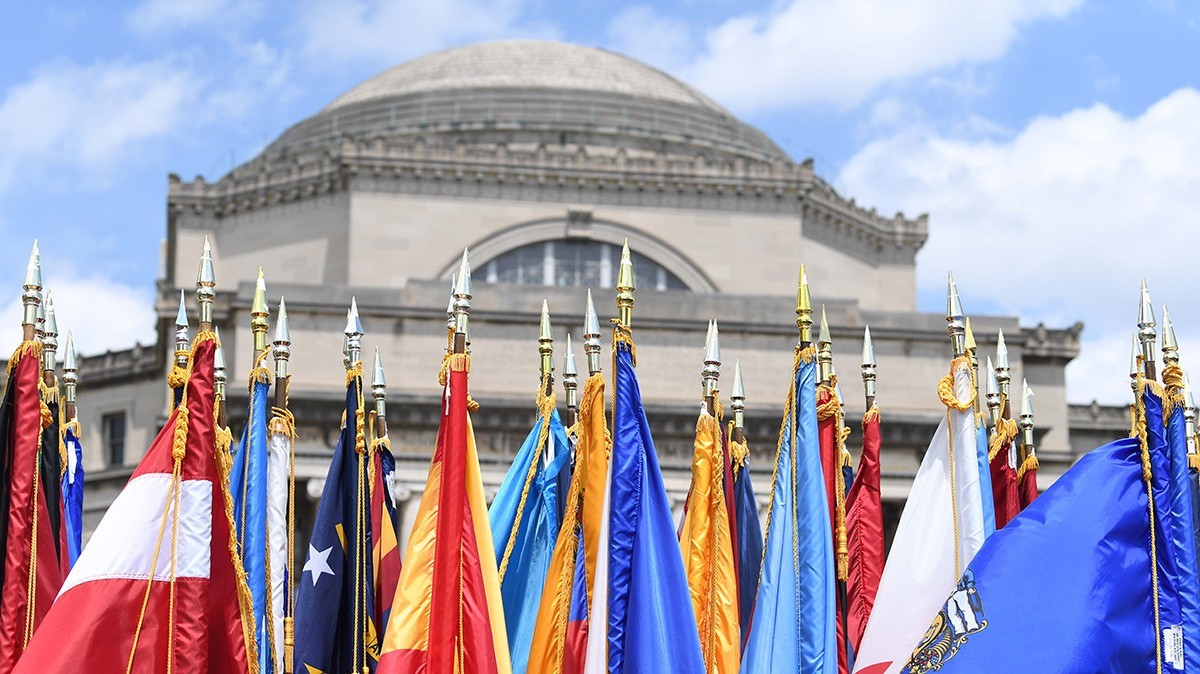President Lee Bollinger’s Response to Recent Immigration Restrictions

Dear fellow members of the Columbia community:
Next week I will be writing with an update on the University’s plans for the fall semester. Today, I write in response to the Trump administration’s recently issued proclamation expanding the existing restrictions on immigration to also cover non-immigrants who seek entry into the United States under certain visas—H-1B and J-1, specifically. Unfortunately, even tragically, the new restrictions will make it harder for faculty, physicians, and research scholars to enter the United States. This has the potential to cause severe damage to our academic institutions and to the scientific community, in particular. I cannot overstate how strongly I disagree with these new restrictions.
They strike at the heart of how American universities function, at their basic character, and at the principles that have contributed to the enormous advances in knowledge over the past century especially. Our great research universities, like Columbia, are able to contribute to the public good precisely because of the commitment to be part of an international community of scholars and researchers. The search for knowledge transcends national boundaries, and the strengths of our universities depend on tapping into that collective quest. Besides negatively affecting the sense of shared purpose, these changes have very practical adverse consequences for public health, the economy, and general human wellbeing.
According to the American Immigration Council, over the past decade, eight companies that are currently trying to develop a COVID-19 vaccine (Gilead Sciences, GSK, INOVIO Pharmaceuticals, Johnson & Johnson’s pharmaceutical arm, Moderna Therapeutics, Regeneron Pharmaceuticals, Sanofi, and Vir Biotechnology) received approvals for 3,310 biochemists, biophysicists, chemists, and other scientists through the H-1B program. Additionally, the Council points out that an increase in H-1B visas could create an estimated 1.3 million new jobs and add around $158 billion to U.S. GDP by 2045.
These statistics, important but abstract, cannot fully capture the harm caused by the misguided changes in the nation’s visa policies. There will be very direct and difficult human consequences for members of our institutional family, affecting our international students, researchers, faculty, and staff who daily bring the world to our intellectual doorstep. They are our colleagues, neighbors, and friends. I am certainly committed on Columbia’s behalf to opposing restrictive immigration policies such as these and to continuing Columbia’s longstanding efforts to embrace the world, not turn against it, which only weakens us and inhibits the fundamental quest for human understanding.
Sincerely,
Lee C. Bollinger